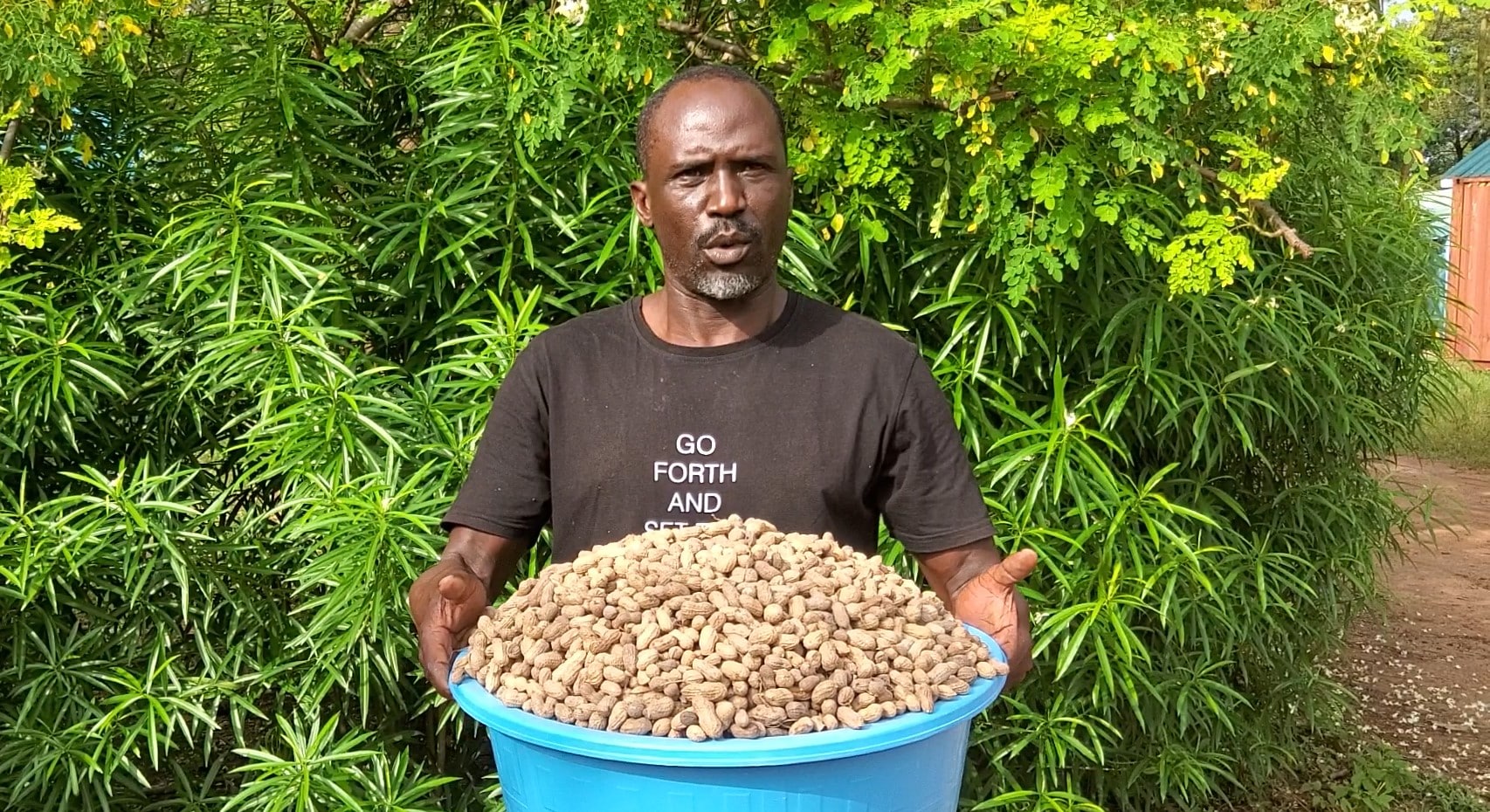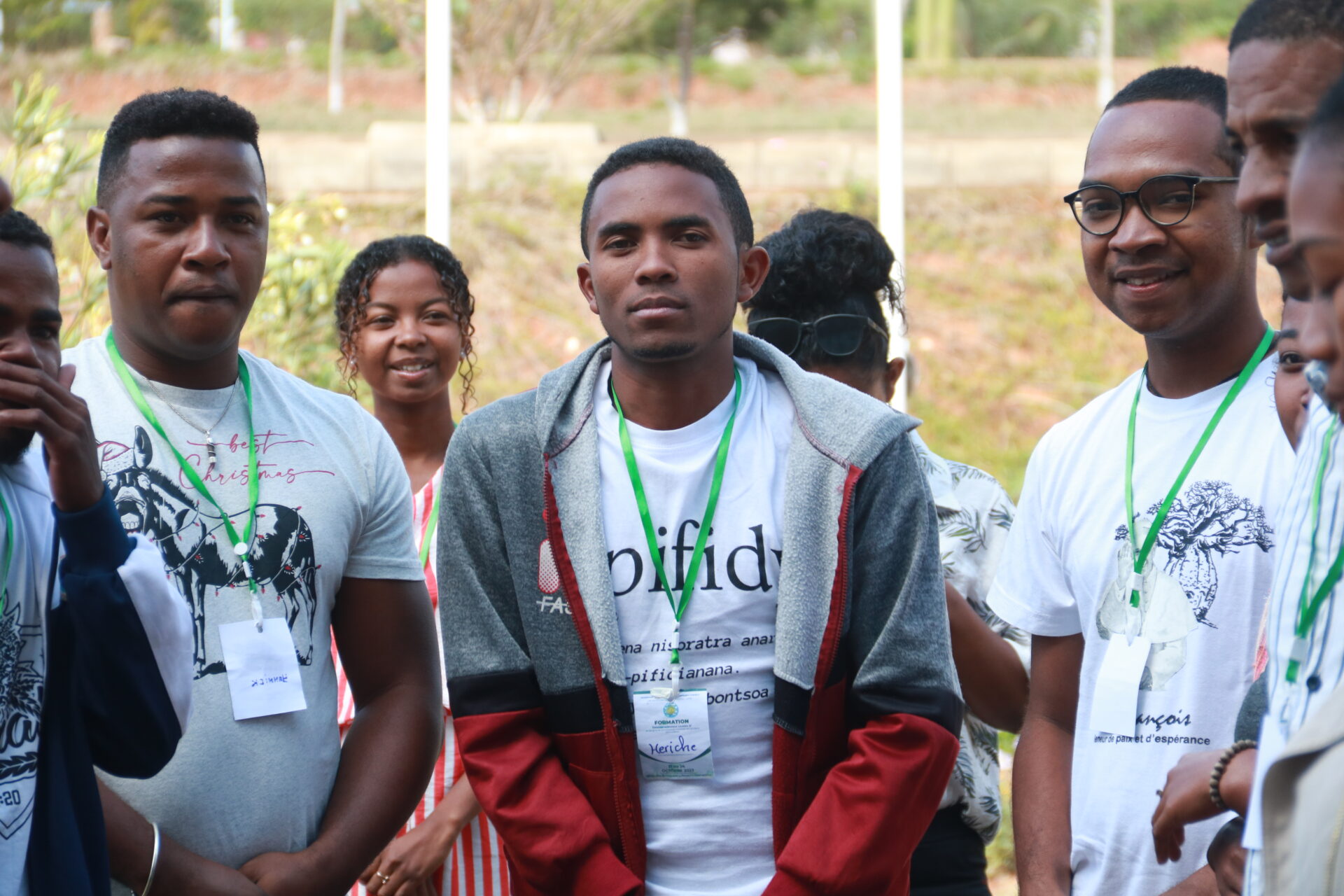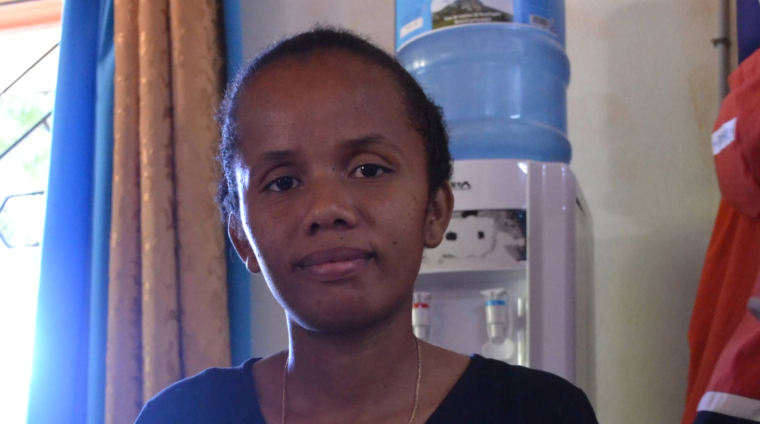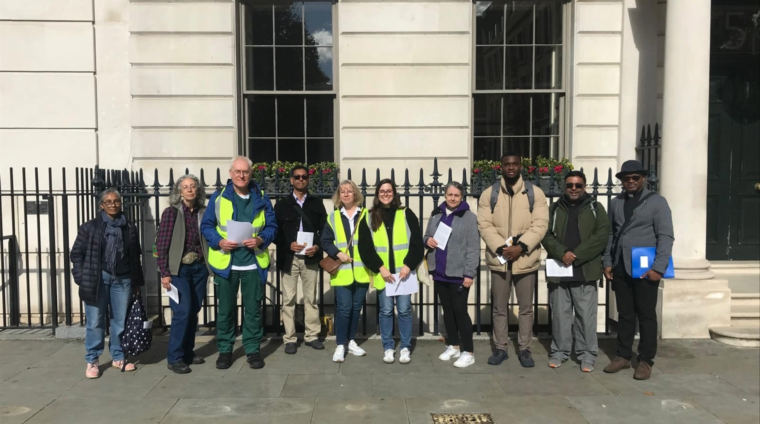Jesuit Missions works with partners in Africa, Asia and South America. Because of the role of Britain as a global economic power, the way we vote in our elections has an effect on people around the world. UK Government policies can make life better or worse for our partners.
Jesuit Missions is calling on the new government to make a commitment to some key principles – principles embodied in the work of our partners – and take action on them.
Human Dignity
Nobody must be left without enough for a dignified existence, nobody must be viewed as expendable, and every vulnerable person must receive the care and support they need.
Our partners at the Casa Ricci Foundation in Macau, China, and in the Lok Manch community network in India, provide many examples of defending human dignity.
Casa Ricci works with people suffering from leprosy or HIV-AIDS; those who are dying, sick and alone in hospitals; and families that cannot send their children to study due to poverty caused by sickness.
Lok Manch fights for community rights across India. For example, Manoj Urave, from the village of Kolivadih in Kerala, India, was left with little means to support his family after his wife, Deshi, died from illness. His wages, which amounted to less than £1.50 a day, could not cover basic food costs, and the family ration card, which was used to supplement his income, was in Deshi’s name.
After several unsuccessful attempts to secure a new ration card, he contacted Lok Manch. Lok Manch’s ‘community leaders’ (CLs) specialise in resolving often convoluted administration issues and, after hearing from Manoj, CL Lakshman Rathiya approached the ration card issuers to explain the situation. Just two weeks after he had approached Lok Manch, Manoj received his new card.

Solidarity and the Common Good
A community that saw their village destroyed to make way for a dam have been able to relocate and build a new one thanks to the work of Lok Manch. Residents living in part of the Godhra Taluka district of Gujarat were forced out of their homes to accommodate construction works for a new dam in the area. This is known as ‘Development Induced Resettlement’ and left those affected with little choice but to move on. Following Lok Manch’s intervention, they have been able to rebuild their lives.
Elsewhere in India, workers at an Indian tea garden now receive better food rations following a campaign to ensure they are treated fairly. Representatives from Lok Manch stepped in after it emerged that the workers in Kolkata were not getting their full grain allowance.

Care of Creation
We asked several female farmers in South Sudan about their experiences of climate change, and how their work at the MAGIS Agricultural Institute – a Jesuit Missions’ partner – has helped them address this. Although people in South Sudan bear no responsibility for creating the damaging global heating threatening the world, they are suffering badly because of it. MAGIS helps build their resilience in the face of it.
Similar stories are seen elsewhere in the Global South, including at other projects supported by Jesuit Missions, such as the Arrupe Centre in Madagascar. It too has seen the negative impact of climate change – on a country that is already among the poorest in the world – and is helping its citizens by teaching them practical sustainable development skills.
And the non-government organisation Policy Forum Guyana (PFG) – a Jesuit Missions’ partner – seeks to engage young people politically when it comes to addressing the climate crisis, with training sessions aimed at developing their public speaking, advocacy and digital marking skills. Through its work, they are encouraged to think how they can influence decisions linked to the environment, a subject particularly relevant in Guyana given the relatively recent discovery of oil in the region.
For more information on our calls for action, see Faith doing Justice: Jesuit Missions’ requests to the next UK government.





